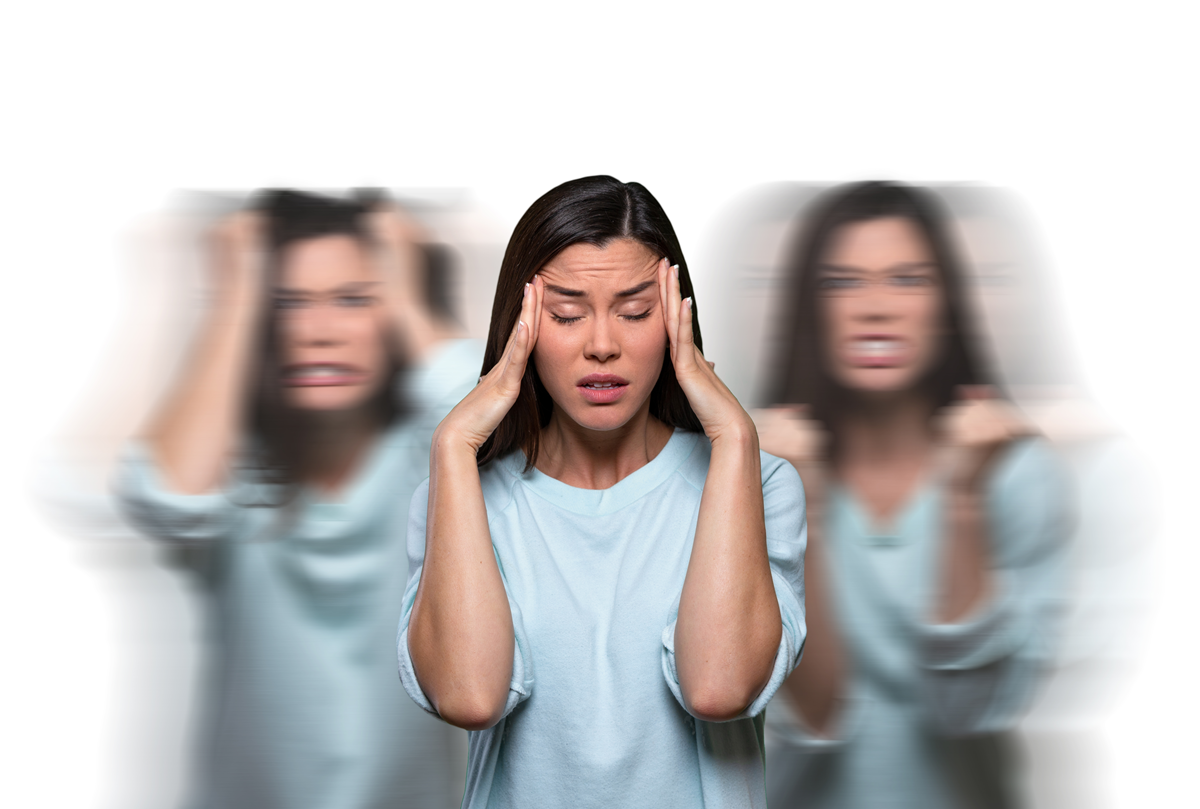New York magazine devoted a cover story to “Mid-Life Psychosis, 45, Female, and Hearing Voices.” Please explain how mental health is affected by hormone changes in menopause
Your Question: New York magazine devoted a cover story to “Mid-Life Psychosis, 45, Female, and Hearing Voices.” Please explain how mental health is affected by hormone changes in menopause.
Our Response: This important article brings attention to the rise of schizophrenia in women in the menopause transition. Historically referenced as “insanity from suppressed menses,” stories of women “becoming psychotic, catatonic, and suicidal” as they approached menopause led psychiatrists to name this phenomenon the “estrogen hypothesis.”
Fortunately, schizophrenia affects less than 1% of the general population. Yet, this type of public awareness that mental health can be significantly altered by shifts in estrogen, especially estradiol from the ovaries, underscores a much broader challenge for women. In 2013, menstrual dysphoria was classified officially as a psychiatric disorder characterized by irritability, depression, or anxiety in the week before one’s period began. Descriptions of postpartum depression and postpartum psychosis among recently delivered young mothers appears in most obstetric textbooks. Yet, the topic of alterations in mental health at mid-life remains under the radar screen.
The link between estrogen and mental health is based upon estradiol’s abilities to dilate blood vessels to improve blood flow to the brain, protect the dendritic spines on neurons that are important for neuron-to-neuron communication, and inhibit key enzymes (monoamine oxidase and catechol-0-methyl transferase) that normally degrade and, therefore, lower our “feel good” hormones serotonin, dopamine, and norepinephrine. Loss of estradiol has the potential to reduce these positive effects.
The common goal among all women entering menopause is to maintain a certain quality of life. Good mental health is critical to that goal. Perhaps articles like this one will initiate a public conversation between care providers and their patients about the important role of hormones in mental health.
James Woods | 12/18/2019




